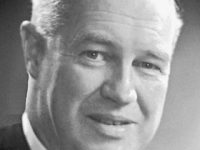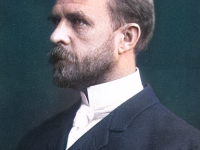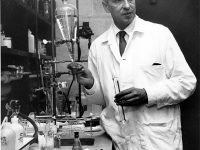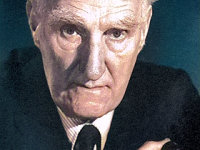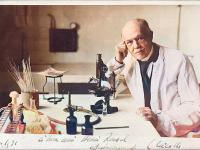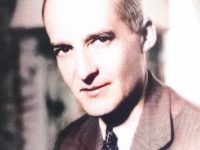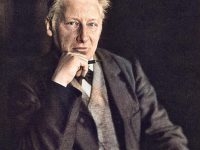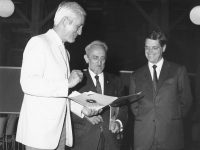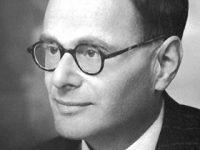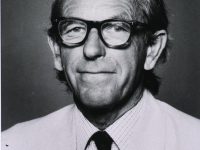Alexander Todd and the Chemistry of Nucleotide Coenzymes
On October 2, 1907, British chemist and Nobel laureate Alexander Robertus Todd, Baron Todd was born. Todd‘s research on the structure and synthesis of nucleotides, nucleosides, and nucleotide coenzymes gained him the Nobel Prize for Chemistry. Youth and Education Alexander R. Todd was born near Glasgow, Scotland, the elder son of Alexander Todd, a business man of that city, and his wife Jean Lowrie. In 1918 Todd gained admission to the Allan…
Read more

